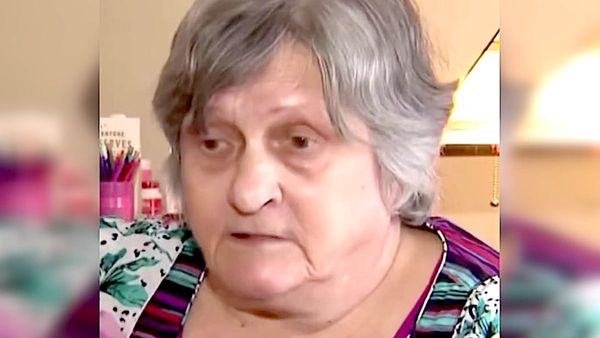Dianne Feinstein’s return to the U.S. Senate has been delayed by complications from shingles. The risk of contracting that debilitating disease can be sharply reduced with the Shingrix vaccine, made by GSK, which has its U.S. headquarters in Philadelphia.
But Feinstein’s office has declined to say whether she got the vaccine, citing privacy concerns.
The longtime senator, a Democrat from California, was hospitalized with shingles early in March. In an April 12 statement from her office, she said lingering symptoms had kept her from returning to the Senate.
Feinstein, 89, said she had asked Senate Majority Leader Chuck Schumer to name a temporary replacement for her on the Judiciary Committee while she continues to work from home in San Francisco. She has said she does not plan to seek reelection in 2024, amid concerns that she was experiencing cognitive decline before her current illness. Several Democrats have called on her to resign before the election.
Here are the basics on shingles and Shingrix, from the CDC.
—What is shingles?
Shingles is caused by a virus called varicella zoster — the same virus that causes chickenpox. After a person recovers from chickenpox, the virus can stay dormant in the body for years, reactivating decades later to cause shingles.
Symptoms can include a painful rash, fever, and impaired eyesight.
Long-term complications can include a type of nerve pain called postherpetic neuralgia.
One in three people in the U.S. is likely to get shingles at some point, the CDC says — but the risk goes down sharply in those who get the vaccine.
—Who can get the shingles vaccine?
Adults 50 years and older can get the Shingrix vaccine, which is administered in two doses, spaced two to six months apart.
Younger adults with weakened immune systems also are eligible for the vaccine.
The vaccine is recommended even for those who have had shingles or chickenpox in the past. It also is recommended for those who got Zostavax, a less-effective shingles vaccine that is no longer on the market, the CDC says.
The vaccine is not recommended in three cases: for people who’ve had a severe allergic reaction to any component of the vaccine, those who currently have shingles, and those who are pregnant.
—How well does the shingles vaccine work?
In adults 50 to 69 years old with healthy immune systems, Shingrix was 97% effective in preventing shingles, according to studies cited by the CDC.
For those 70 and older, Shingrix was 91% effective at preventing the disease, the agency said.
In adults over 70 with healthy immune systems, the protection conferred by the vaccine lasts at least seven years.
In adults with weakened immune systems, Shingrix is between 68% and 91% effective in preventing shingles, depending on their underlying condition.
For those who become ill despite getting Shingrix, the vaccine reduces the risk of complications.







